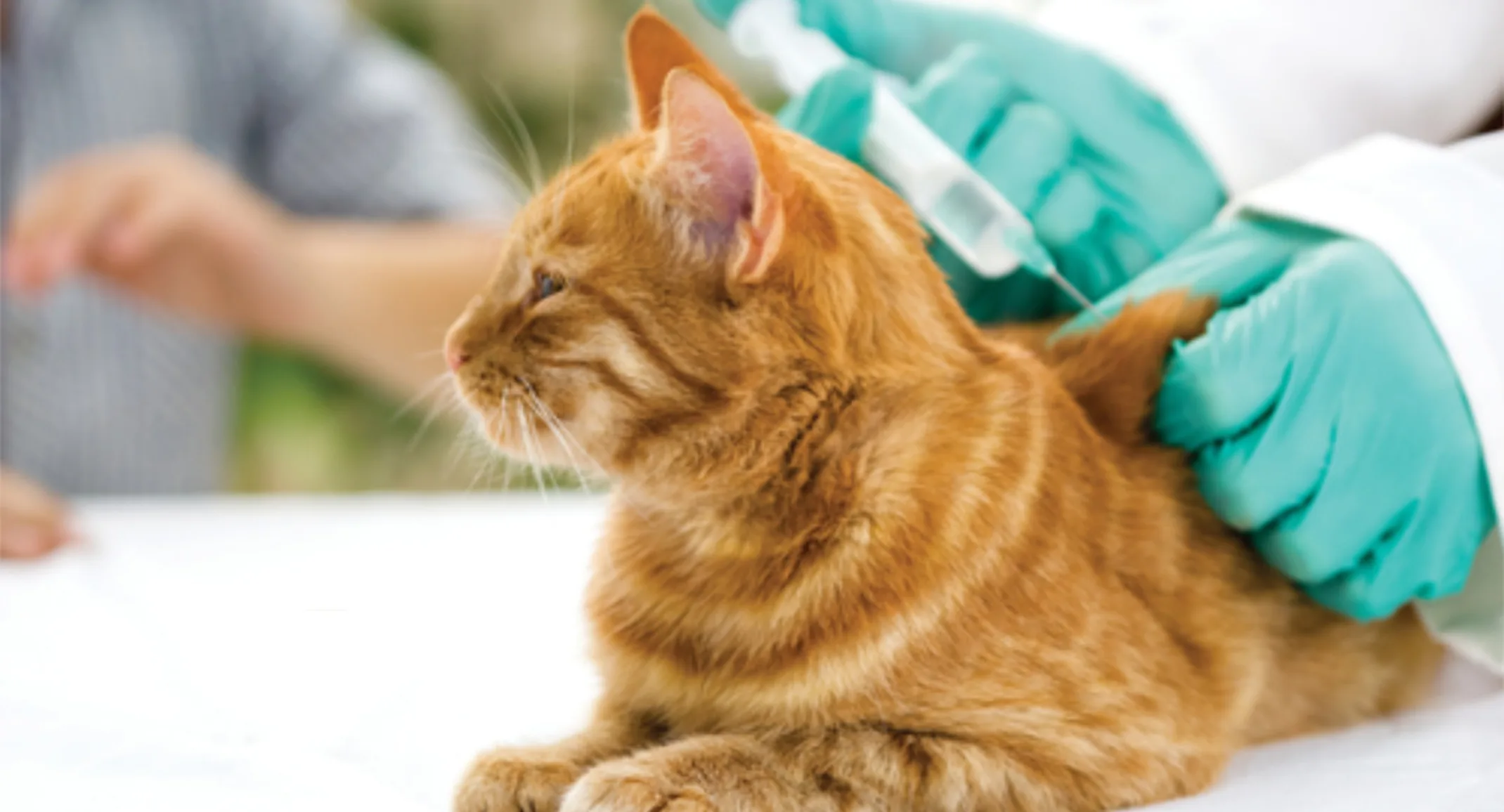Herpes Virus in Cats: 10 Points
Cats

1. Herpes virus in cats (Feline herpes virus) causes upper respiratory signs that can be severe in young kittens or debilitated cats. It is the most common cause for recurrent conjunctivitis in adult cats.
2. Clinical signs can include runny eyes and nose. Initial signs can be so severe that cats stop eating and drinking and require hospitalization. Herpes can also cause severe damage to the surface of the eyeball (cornea) and is a cause for blindness in young cats. Herpes virus can cause ulceration and scar tissue to form on the cornea; this can cause the cornea to appear cloudy or have an irregular surface.
3. Cats that are exposed to herpes virus often become carriers. They can have intermittent signs and be a source of infection for other cats. When they are not symptomatic infected cats feel fine. Typically a carrier cat may have mild ‘cold’ signs for several days every few months; signs usually resolve without treatment.
4. After the initial infection the virus hides out in nerve tissue. During times of stress, it is able to start to shed again and cause symptoms.
5. Diagnosis of herpes infection is usually based on clinical signs and exposure history. A PCR test detects small numbers of viruses; it is a highly accurate way to diagnose herpes and is sometimes useful to identify carriers in multi-cat environments (shelters, catteries). Tests that look for antibodies against herpes virus (ELISA) are not useful as vaccination will cause inaccurate results.
6. Topical eye treatment can include antiviral topical medications (Viroptic, Vir-A) and antibiotics to treat secondary infections. These medications may be prescribed when ocular signs are severe or recurrent or if corneal ulcers are seen.
7. Interferon alpha is sometimes prescribed for herpes virus in cats. In the lab, this compound makes anti-viral drugs more effective against herpes. Although no formal clinical studies have been done, interferon seems to shorten the course of clinical signs.
8. Lysine is an amino acid that impedes herpesvirus replication. This is an over-the-counter supplement that is sometimes recommended for cats with chronic signs.
9. Vaccination against herpes virus in cats is recommended. While it does not prevent infection cats that are vaccinated have less severe signs. Intranasal vaccine does not alleviate signs in symptomatic cats.
10. Cats have their herpes virus and we have ours. They do not share their infections with us and we cannot give them ours.
